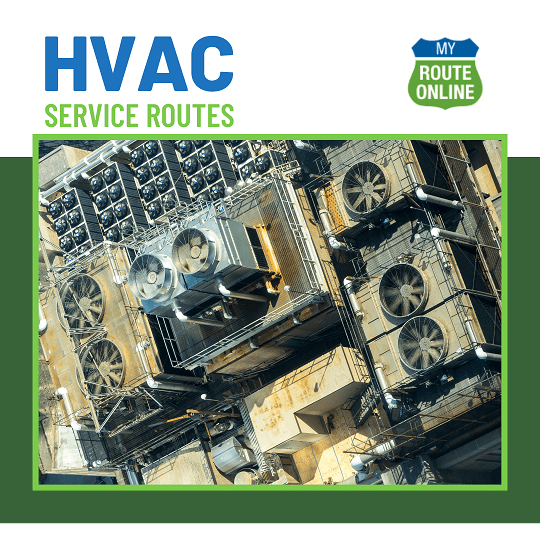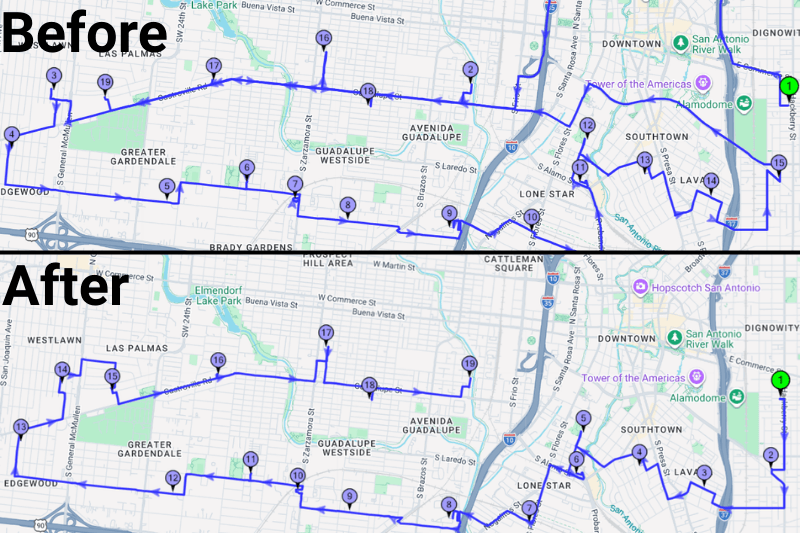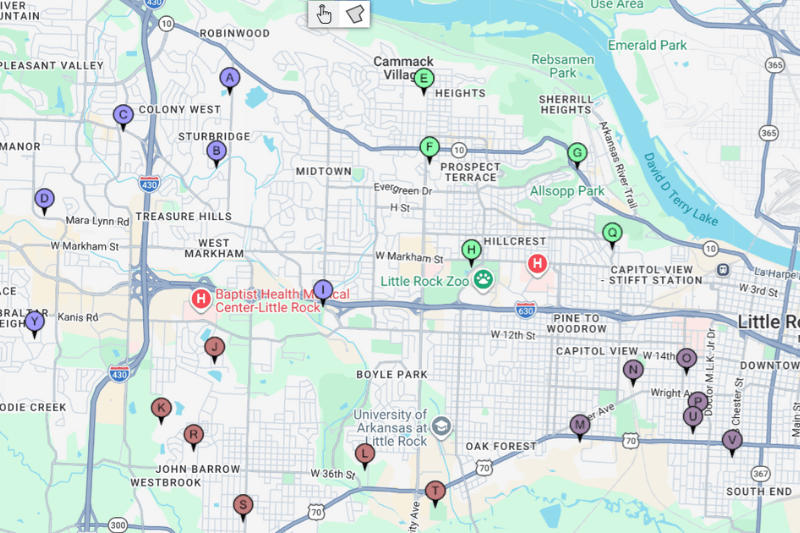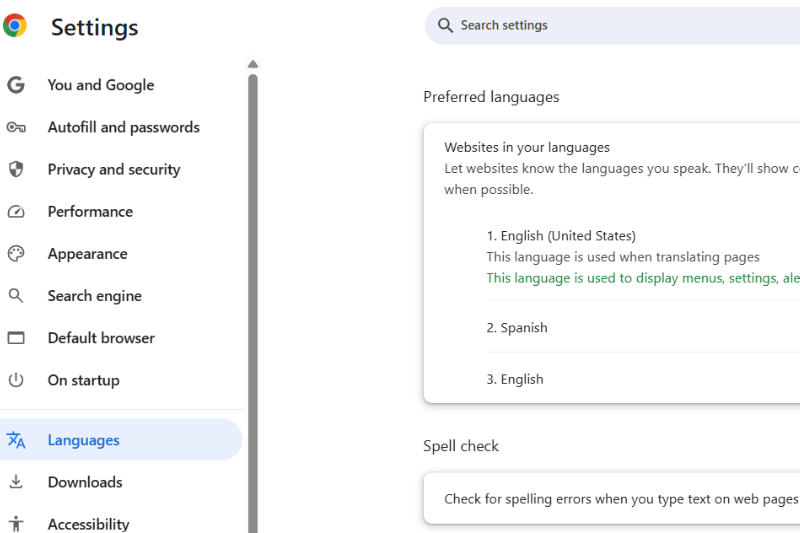HVAC Business Tips
January 17, 2023
In general, HVAC technicians are likely to have a consistent workload throughout the year, as there is always a need for maintenance and repair of heating and cooling systems. Without this service, large buildings cannot function properly, and an improper maintenance of HVAC systems can lead to high utility costs for businesses and even the temporary shutdown of operations. Such issues can arise due to the fact that these systems are responsible for maintaining a healthy working environment for all the employees of a business, as well as maintaining certain parameters for the structural integrity of crucial systems within a building.
Although some may say that HVAC technicians typically have a busy workload during the winter months, as heating systems are used more frequently during colder weather, this is decidedly not the case. HVAC systems are also important during the summer, in order to maintain a cool temperature during hot days.
Irrespective of the temperature outside, these systems provide additional benefits, such as filtering air in order to maintain a healthy air quality at all times. Maintaining these systems by cleaning/replacing filters and carrying out periodic verifications of all the elements involved is crucial all year round.HVAC technicians are trained to install, maintain, and repair systems that are used to control the temperature, humidity, and air quality in houses, and buildings.
The role of HVAC technicians
HVAC technicians play a central roal in the maintenance operations of large buildings and companies’ headquarters.
Some common tasks that HVAC technicians perform include:
- Installing new HVAC systems
- Maintaining and repairing existing systems
- Testing and adjusting controls to ensure proper operation
- Cleaning and replacing air filters
- Diagnosing and troubleshooting problems with HVAC systems
- Providing maintenance and upkeep for HVAC equipment
Software for HVAC businesses
As a HVAC business, you may want to explore the benefits of several types of software, including:
- Scheduling and route optimization software: schedule appointments with customers, as well as dispatch technicians to job sites.
- Invoicing and billing software: create and send invoices to customers, as well as track payments and manage your finances.
- Inventory management software: keep track of your inventory of parts and equipment, as well as reorder items when necessary.
- Customer relationship management (CRM) software: track interactions with customers and follow up with leads.
- Project management software: assign tasks to team members, and track progress.
It’s important to choose software that meets the specific needs of your business and is easy for your team to use. It may be helpful to compare different options and read reviews before making a decision. The software you choose can save you time and money, as well as allowing you to work on important tasks that otherwise would be neglected.
What a Route Planning Software can offer
A scheduling and route planning software will do a number of tasks for you. While you only need to make a list of all the jobs you need to complete for the day or week, the route planner will:
- Group jobs by location to minimize driving time and fuel costs.
- Consider traffic patterns and construction when selecting the sequence of your stops.
- Find the most efficient route connecting all your locations.
- Save time dealing with unexpected issues, such as vehicle breakdown or change in schedule.
- Provide you with accurate estimates for routes and live updates as to the status of your teams in the field.
- Balance workload by ensuring efficient routes and automatizing the task of grouping, routing and assigning missions.
- Save money in fuel costs, working hours, and other possible negative consequences of inefficient planning.
- Allow you to expand your business by taking on more customers while using the same manpower and infrastructure.
A good route planner will help you prioritize customer service, by providing fast and reliable routing, being responsive to customer needs and concerns, and offering fair and transparent pricing. By focusing on customer satisfaction, HVAC businesses can build a strong reputation and attract repeat customers. With customer retention being high on the list of priorities for a business that is built on constant and recurrent maintenance services, a route planner will ensure that your technicians can carry out their duties without having to worry about complementary tasks outside of their expertise.
Final note
HVAC businesses should stay up-to-date with industry trends and new technologies. Make sure your technicians are trained and have continued education, as well as keep track of new products and services that could benefit your business. In addition, HVAC businesses should make sure they have a strong online presence. This includes having a website, maintaining a social media presence, and collecting reviews from satisfied customers. Online marketing and SEO strategies can also be helpful in attracting new customers and staying competitive. All of these elements and more are key to running a successful reliable business, and can help your HVAC company make the step from just another business to a staple of the industry.









